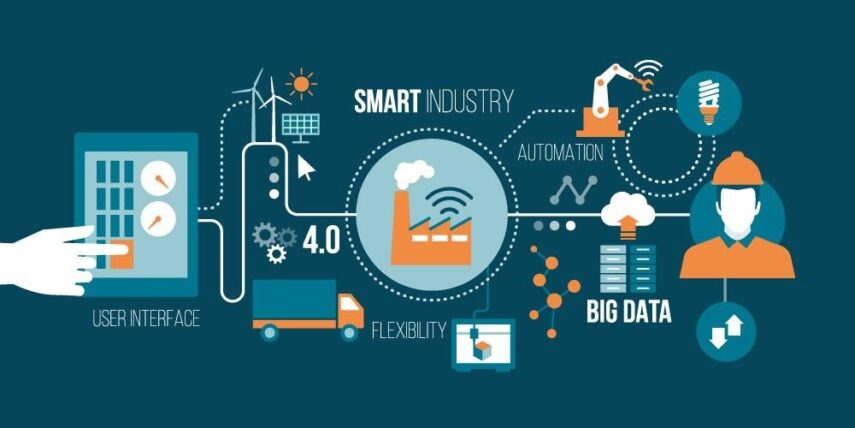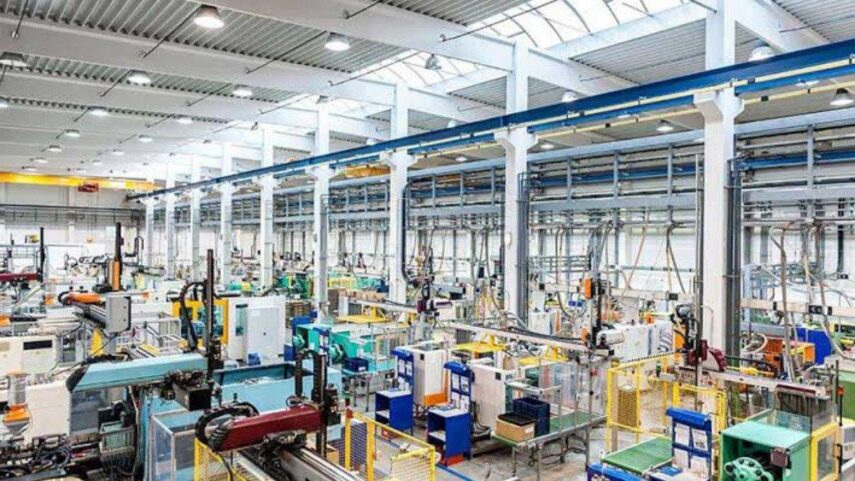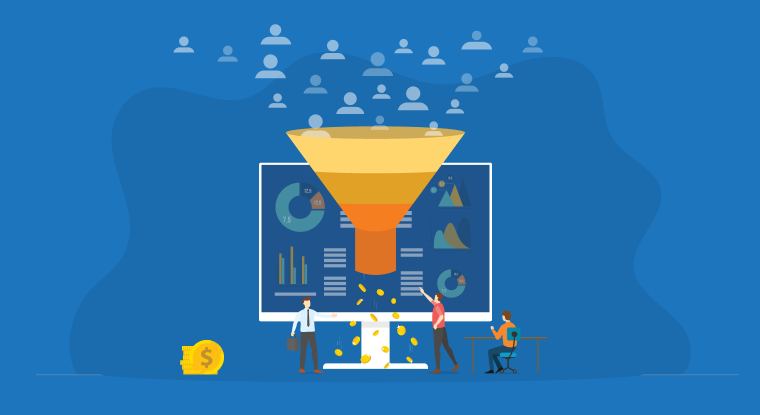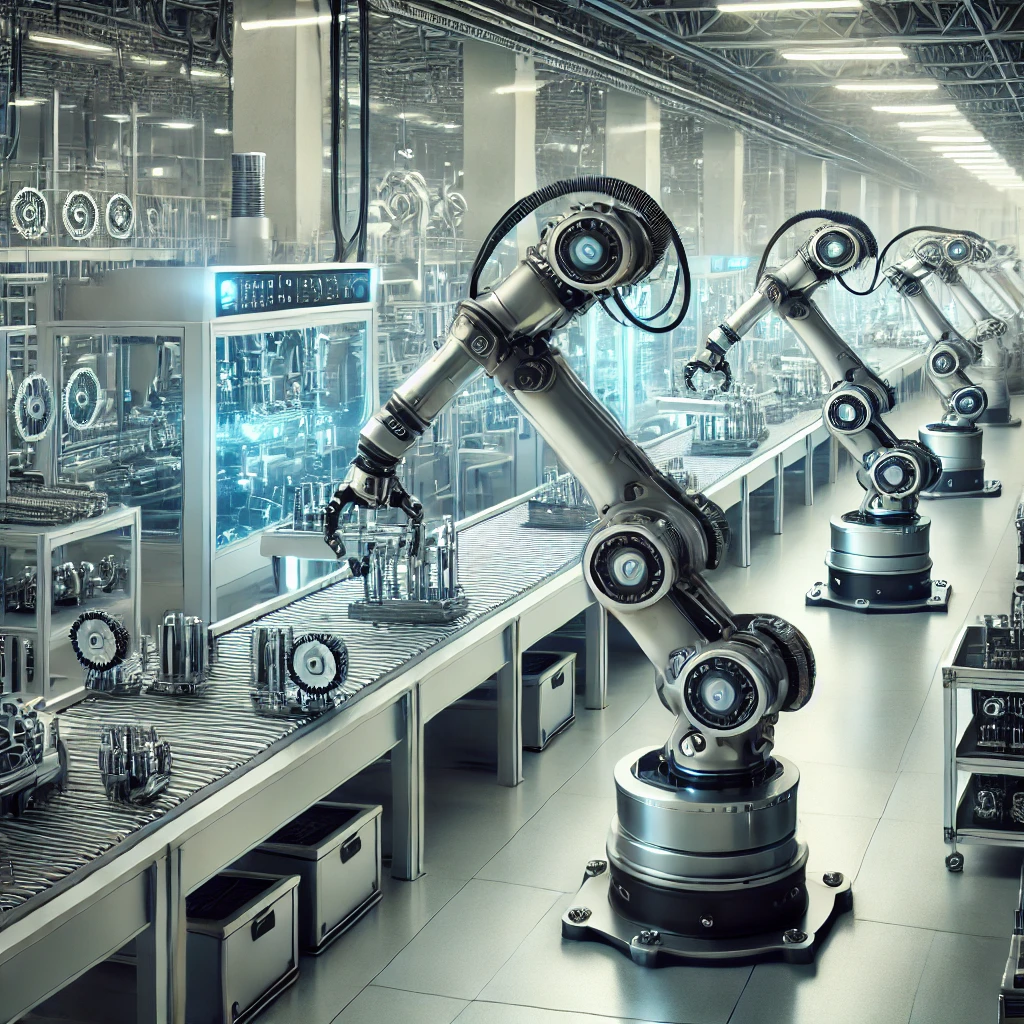Hello, dear readers! If you’ve ever wondered about the intricate dance between manufacturers and wholesalers in the supply chain, you’re in the right place.
You might have stumbled upon debates, like the one on GlobalSources, discussing “manufacturer vs wholesaler” and wondered about the nuances that differentiate them. Well, both play pivotal roles in getting products from the drawing board to your doorstep.
In this guide, we’ll explore the world of manufacturing and wholesaling, shedding light on their unique roles, advantages, and challenges.
Fun Fact: Did you know that the global manufacturing market was valued at over $35 trillion in 2021? That’s a testament to the sheer scale and importance of manufacturers in the global economy!
Manufacturers
At its core, a manufacturer is a business or individual that produces finished goods from raw materials. They’re the backbone of the supply chain, turning ideas into tangible products.
Manufacturing Process and Its Stages

- Design: Everything starts with an idea. This stage involves conceptualizing a product and designing it.
- Procurement: Sourcing the raw materials needed for production.
- Production: The actual making of the product, be it through manual labor or machinery.
- Quality Control: Ensuring the product meets set standards.
- Distribution: Getting the product out to wholesalers or, in some cases, directly to retailers.
Advantages
- Control over product quality and design.
- Potential for higher profit margins on products.
- Ability to innovate and introduce new products.
Disadvantages
- High initial investment in machinery and infrastructure.
- Risk of overproduction or underproduction.
- Dependence on raw material availability and prices.
Examples of Crucial Industries
Automotive, electronics, pharmaceuticals, and textiles are just a few sectors where manufacturers play an indispensable role.
Pro Tip: If you’re considering becoming a manufacturer, always keep an eye on technological advancements. They can significantly reduce production costs and increase efficiency!
Wholesalers
Acting as the middlemen between manufacturers and retailers. They buy products in bulk from manufacturers and sell them to retailers or other businesses in smaller quantities.
Types
- Merchant: These are businesses that buy goods in large quantities and sell them to retailers or other wholesalers.
- Agent: They don’t own the products but act as representatives for manufacturers, taking a commission for their services.
Significance in Distribution
Wholesalers reduce the burden on manufacturers by handling distribution and sales to multiple retailers. They play a pivotal role in ensuring products reach every nook and cranny of the market.
Pros
- Less risk compared to manufacturing as there’s no production involved.
- Steady cash flow due to bulk buying and selling.
- Flexibility in choosing which products to distribute.
Cons
- Slimmer profit margins compared to manufacturing.
- Dependence on manufacturers for product supply.
- Intense competition in popular product categories.
Industries Reliance

The food and beverage industry, cosmetic products, and apparel are heavily dependent on wholesalers for distribution.
Fun Fact: The global wholesale trade industry was worth over $7 trillion in 2021. That’s a lot of middlemen making sure you get your favorite products!
Key Differences
| Manufacturers | Wholesalers |
| Focus on producing goods | Focus on distributing goods |
| Invest in production machinery | Invest in storage and logistics |
Business Operations and Focus
While manufacturers are all about creating products, wholesalers are the champions of distribution.
Relationship with Products
Manufacturers have a direct hand in the creation, design, and quality of a product. Wholesalers, on the other hand, deal with already finished products.
Customer Interactions
Manufacturers often deal with a few big clients, while wholesalers interact with a broader range of customers, including small retailers.
Supply Chain Dynamics
Manufacturers sit at the beginning of the supply chain, while wholesalers act as a bridge between producers and retailers.
| Manufacturers | Wholesalers |
| Potentially higher profit per unit | Slimmer margins but volume-based profit |
| Revenue depends on product innovation and efficiency | Revenue depends on distribution network and retailer relationships |
Choosing the Right Path: Factors to Consider

Navigating the world of business isn’t a one-size-fits-all journey. Whether you’re considering the manufacturing or wholesaling route, there are several factors to weigh.
Factors for Manufacturing
- Capital: Manufacturing often requires a significant upfront investment in machinery, facilities, and technology.
- Innovation: Do you have a unique product idea or a way to improve existing ones?
- Risk Appetite: Manufacturing can be riskier due to factors like overproduction, technological obsolescence, and market demand fluctuations.
Factors for Wholesaling
- Networking Skills: Wholesalers thrive on relationships. Can you build and maintain a vast network of suppliers and retailers?
- Storage and Logistics: Do you have the means to store large quantities of products and distribute them efficiently?
- Market Insight: Wholesalers need to be adept at predicting market trends to stock up on in-demand products.
Economic Considerations and Market Trends
Always keep an eye on the broader economy. Economic downturns can affect consumer demand, while booms can lead to increased sales.
Personal Strengths and Business Goals
Reflect on your strengths. Are you more of an innovator or a relationship-builder? Align your choice with your personal and business aspirations.
Pro Tip: Before diving in, consider working or interning in your chosen field. Real-world experience can provide invaluable insights!
Collaborative Efforts
The relationship between manufacturers and wholesalers isn’t just transactional; it’s symbiotic. When both parties work in harmony, the entire supply chain benefits.
Synergies
- Bulk Orders: Manufacturers benefit from the large orders placed by wholesalers, ensuring steady production runs.
- Market Reach: Wholesalers can introduce manufacturers to new markets or regions they wouldn’t have accessed on their own.
Effective Communication

Regular updates on product changes, market demands, and feedback can lead to better products and smoother distribution.
Real-world Examples
- Tech companies often collaborate with wholesalers to launch products in new regions, leveraging the wholesaler’s local market knowledge.
- Fashion manufacturers might produce exclusive lines for particular wholesalers based on the latter’s market insights.
Potential Challenges
Every business venture comes with its set of challenges. Here’s a quick rundown:
Manufacturing Challenges
- Production Costs: Rising raw material prices can dent profits.
- Quality Control: Ensuring consistent product quality can be daunting.
Solutions: Investing in technology can streamline production. Regular training sessions can ensure quality standards are met.
Wholesaling Challenges
- Inventory Management: Overstocking or understocking can be costly.
- Competition: The wholesaling world is fiercely competitive.
Solutions
Implementing robust inventory management systems and focusing on niche markets can set you apart from competitors.
FAQ
What’s the main difference between a manufacturer and a wholesaler?
Manufacturers create products, while wholesalers focus on distributing these products to retailers.
Can a company be both a manufacturer and a wholesaler?
Absolutely! Many companies adopt a dual role to control both production and distribution, maximizing profits.
How do profit margins compare between manufacturers and wholesalers?
Manufacturers typically have higher profit margins per unit, but wholesalers make up for slimmer margins with volume sales.
Do wholesalers only work with manufacturers?
While manufacturers are primary suppliers, wholesalers can also source products from other wholesalers or importers.
What role does technology play in the operations of manufacturers and wholesalers?
From AI-driven production lines in manufacturing to digital inventory systems in wholesaling, technology is a game-changer in optimizing operations.
Are there instances where manufacturers directly sell to consumers?
Yes, this is known as a Direct-to-Consumer (DTC) model. Many manufacturers, especially in the digital age, are selling directly to consumers through online platforms.
How can I decide whether to become a manufacturer or a wholesaler?
Evaluate your strengths, market trends, capital availability, and risk appetite. It’s also beneficial to seek mentorship or firsthand experience in the chosen field.
Conclusion

And there you have it! A comprehensive look into the worlds of manufacturing and wholesaling. Both sectors offer unique opportunities and challenges. Whether you’re an aspiring entrepreneur or a business enthusiast, I hope this guide has provided clarity.
Remember, the landscape of both industries is ever-evolving. Stay curious, keep learning, and always strive to adapt. Here’s to your success in whichever path you choose!
Related Posts:
- Cobots vs Industrial Robots ─ Understanding the Key…
- Differences Between Atlantic City and Las Vegas - 2024 Guide
- What are the Differences Between Social and…
- LED Neon vs Glass Neon Signs: Major Differences
- Intel VS AMD? - CPU Differences & Similarities in Gaming
- 24 Peculiar Differences Between A Online Meeting vs Webinar







